Building Community and Financial Literacy
Building and strengthening the community is central to the mission of the YM&YWHA of Washington Heights and Inwood (the Y), New York. Helping young people learn skills and deepen knowledge in areas that will prepare them for the future is an essential piece of that work. FiCycle has partnered with the organization to bring financial literacy information to middle and high school students that are part of several Y programs.
The YM&YWHA works with approximately 1,000 14-24-year-olds in their summer programs and hundreds of other students throughout the school year.
We spoke with Martin Yafe, Chief Program Officer at the Y, and with Monalisa Tolbert, their Managing Director of External Youth Programs, to find out more about the Y and the impact that FiCycle’s involvement had on their students.
Question: Tell us a little about the YM&YWHA, the community it supports, and the programs it develops and facilitates?
Monalisa: The Y has worked in this community since 1917 – it’s a real resource and pillar. I oversee all our external programs, such as our youth employment programs for which we partner with the City both during the summer and the school year. The summer program (Summer Youth Employment Program) places over 800 14-24-year-olds in paid internships with wraparound instruction on workplace skills. We also partner with the City to run after school programs at nearby middle and high schools, including a middle school where 100 percent of students are recent immigrants from Central and South America. An important piece of our afterschool programs is bringing in professionals to talk about their careers and life experiences. We call these “Pride Talks,” and this is where FiCycle joined us to introduce students to the idea of wealth, savings, and how small choices can have a big impact.
Martin: The work we do with students afterschool is part of the Y’s whole mindset where we believe that in order to build community, we need to be a community. We want to ensure that every young person we engage with develops skills and learns of the range of resources and opportunities available to them. Bringing FiCycle in was an excellent example of how we try to expand students’ worldview and enhance their career toolkits.
Question: Why was financial literacy vital for you to build into your programs?
Martin: One of the Y’s central goals is to prepare young people for the future. Because many of the students we work with come from families who are new to the United States, they don’t necessarily know the different ways they can save money or when and how they should invest their money in themselves, so having these types of direct conversations is very empowering. Then the students are encouraged to give back to their community by sharing information with their families and beyond.
Q: How did the students react to the FiCycle presentations?
Monalisa: Since a focus on financial literacy is new to them, the middle school and high school kids were very curious about it. The FiCycle presentations were super-engaging, with lots of time for questions. Students loved that they could consider what they are going to do with their money. When they started to think about it in terms of real-life situations, that’s when it really clicked. For example, students could really relate to the discussion of debit cards and their fees. Before the lesson, they didn’t realize that services charges vary and that all those $1.25 charges can really add up! Now they are more mindful of where they’re taking their money out. And they also realized that just because they have a debit card doesn’t mean they should use it everywhere because of overdrafts and how much they cost.
Q: Since the community is a focus of your programs, do you think the students brought this information into their communities somehow?
Monalisa: In speaking with them after the FiCycle presentations, it was clear they understood the concept of “living from paycheck to paycheck.” You may want those $300 sneakers, but there are other things you need to consider. Many of our students are particularly mindful of their money because they help their parents out. So, as we are assisting students in learning financial literacy, they are taking it home and talking about it with their parents. Many of these parents come from different countries, so they don’t know about things like balancing a checkbook or determining which is a better bank for your money. Our students feel better equipped to help their parents with these issues.
Q: Do you see the FiCycle program continuing and evolving at the YM&YWHA?
Martin: Yes. We want to continue the program and see how this partnership can evolve. New students will be introduced to these concepts, and returning students can build on their knowledge. We’d also like to see the program grow into something that can help adults, especially parents who have recently moved to the United States and adults transitioning to new opportunities in the workforce. Financial literacy is central to building a secure life. We want to help community members understand how money can work for them and really flourish, and we know the partnership with FiCycle can help us do that.
To learn more about the YM&YWHA of Washington Heights and Inwood, New York, visit: https://ywhi.org/ or follow on Twitter: @YWashHts




